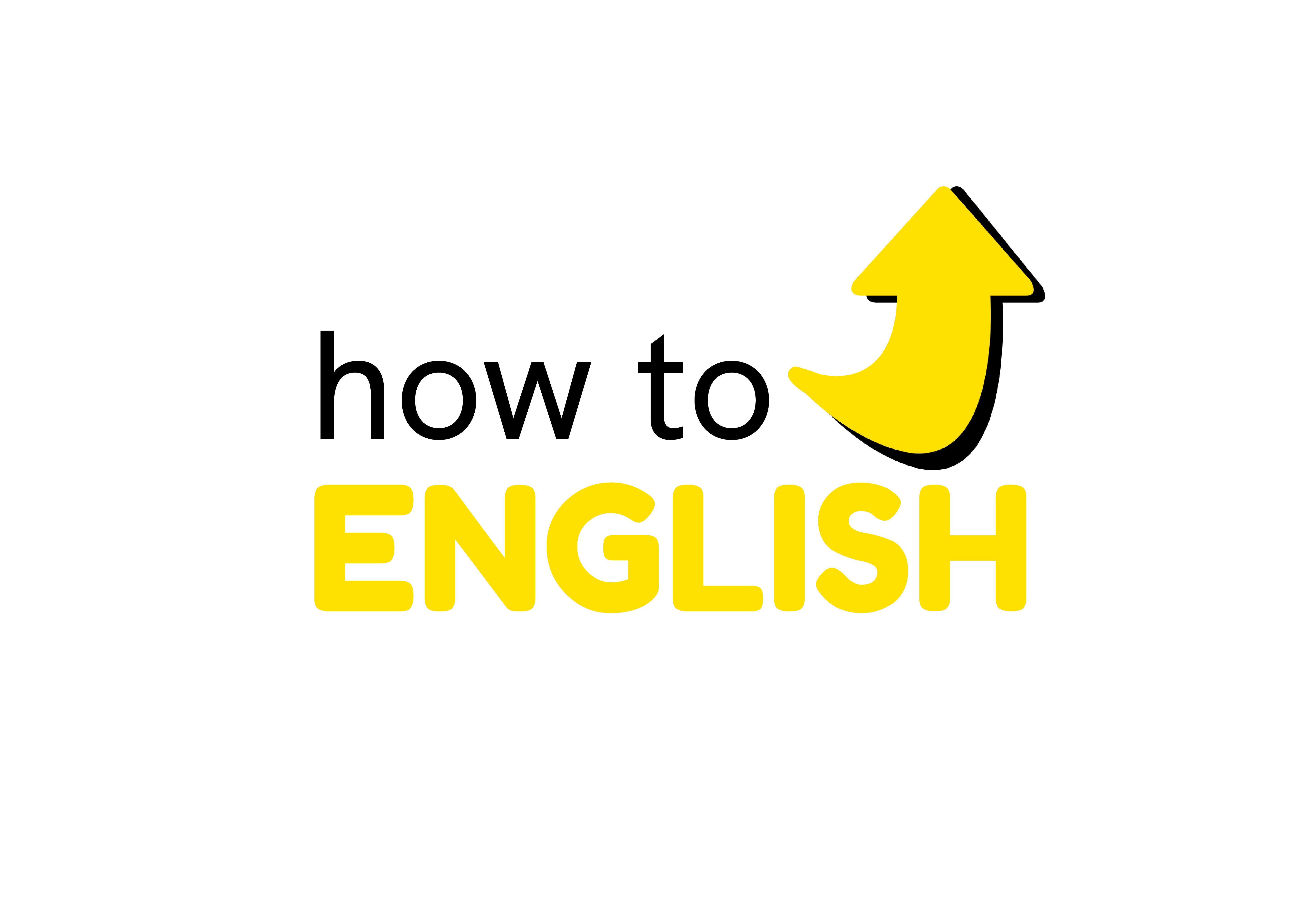I’m not a writer.
But I do write every day.
It was tough in the beginning. Really tough.
Going from zero words per week to a few thousand required discipline (and early mornings).
There’s something really annoying about writing. Something that really bugs me.
After I finish a post, I read it again, then again, and then again, looking for typos and mistakes.
Then my wife reads it one last time, looking for typos too. My wife isn’t a native English speaker but she has very good English. She reads it once and lets me know of any typos that she finds.
Who do you think finds more typos, my wife (who reads it once and isn’t a native English speaker) or me (an English teacher who checks it maybe three times)?
The answer is my wife.
I can read it fifty times, really slowly but I almost never find any typos.
Then my wife reads it once, sends me the typos and I think, “How on Earth did I not see that?!”
They are always really obvious but I just do not see them.
I suppose that because I wrote it, my brain doesn’t really look at the words and just fills the blanks subconsciously. My subconscious brain reads what should be there but not actually what is there.
Damn you brain!
It goes to show that you can’t really trust the brain to give you a realistic picture of what is in front of your eyes.
The brain sees what it wants to see, not what it can actually see.[thrive_leads id=’1049′]
Optical illusions prove this.
And magicians take advantage of this.
What I’m trying to say is that as you’re reading this, your brain isn’t really absorbing everything.
Because your brain is only interesting in getting the general understanding of the post, well, that is all you get.
But you’re here to learn, aren’t you?
So you should take every opportunity you get to learn something.
So anyway, one day my wife was checking a post of mine (Why You Still Make Mistakes With Make And Do) and she sends me a message asking the following.
Adam, is this sentence correct?? “Not only do you remember it forever, but you also have very complete memories of these things”
She was asking because it’s not a question but the first part is written in the interrogative form.
The sentence is in fact correct.
It’s called an inversion and we often use inversions when we begin a sentence with an adverb or adverbial phrase.
Not only…but also sentences are examples of this inversion and probably the most common.
How many times do you say something like this in your language?
Probably a lot, right?
When you use it in English, the first part must be written in the interrogative form.
Not only can I speak English and Spanish, but also French.
Not only does he work at the weekends, but he also wakes up very early in the week.
Not only will it be sunny, but also very warm.
And so on.
Did you notice anything about this sentence when you first read it?
Maybe not.
If you were just reading to understand the sentence, then you probably understood the sentence but didn’t notice anything strange.
I often say that in one paragraph of English you should be able to learn at least five new things. You don’t because you aren’t reading to find new language. You have another purpose: to understand the text.
What should you do to learn from every text you read?
Read it twice.
Once to get the general understanding and again with the purpose of learning new language.
How do you find new language?
Easy.
Read my posts like my wife.
Imagine you’re reading my posts looking for mistakes. Anything that you haven’t seen before or that you aren’t 100% sure of will jump out and you will notice it.
Every piece of language that you notice will be something new for you to learn.
Do this once a day and I can guarantee that you will learn five new things every single day.
And if one day you do find a typo in one of my posts, it’s because my wife didn’t have time to check it.
useful language
- If something bugs you, it annoys you.
It bugs me when people don’t say hi.
- A typo is an involuntary spelling mistake, normally when you hit the wrong key on the keyboard.
- What on Earth are you doing?! Why on Earth did she say that?! How on Earth are you going to repair the car now?!
- You can use , right? as an alternative to question tags in informal spoken English. This is very common in American English.
You’re here to learn, right?
- And so on is a better way of saying etcetera at the end of a statement. Etcetera is better in formal written English while and so on is better in spoken English.
